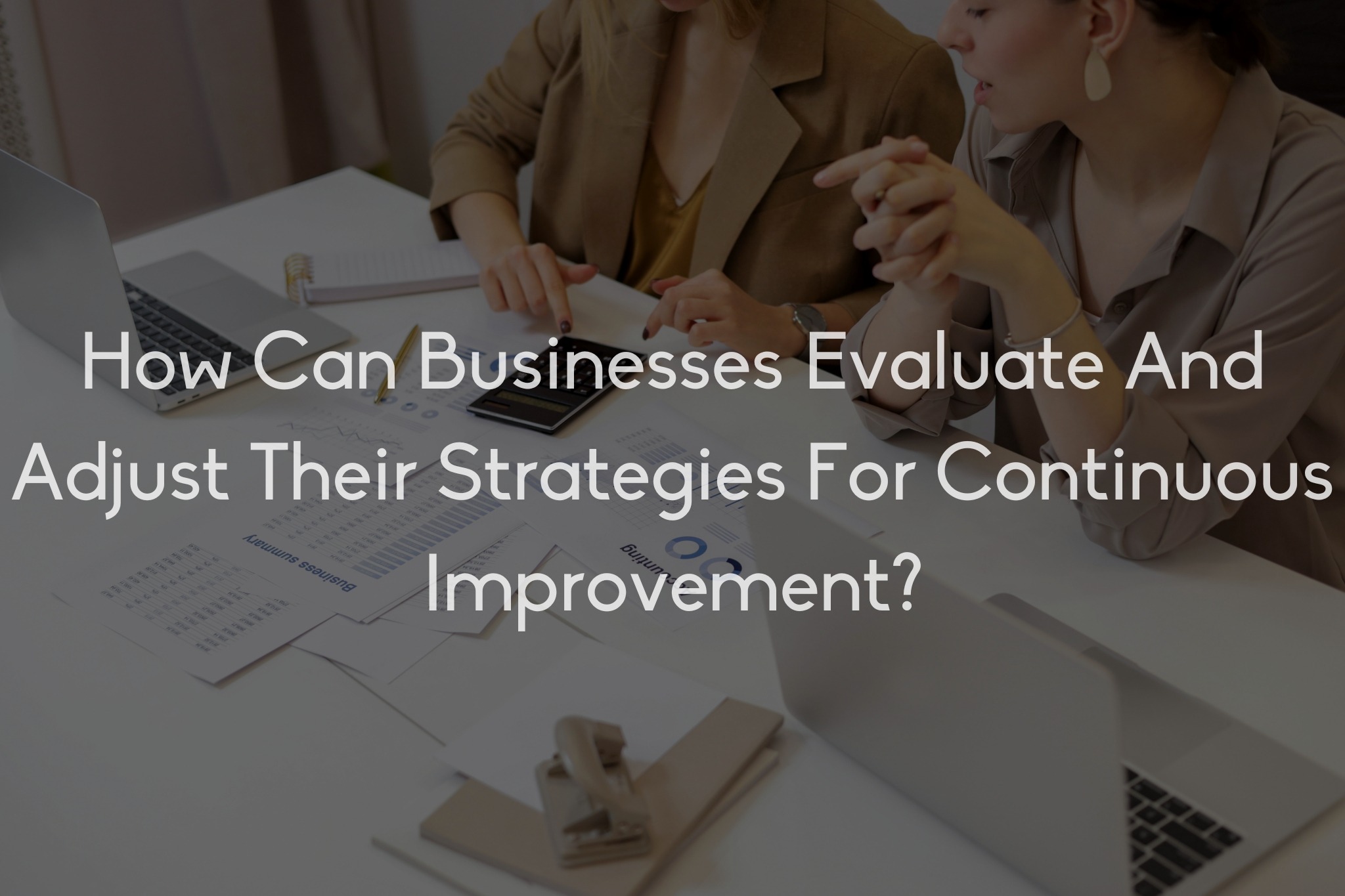
Success. It’s a word that carries weight, promises, and sometimes a fair bit of anxiety. When you’ve poured your heart, sweat, and countless hours into crafting a strategy, there’s one looming question that follows: Is it working?
In the world of business, marketing, or any structured endeavor, a strategy isn’t just a fancy plan; it’s the backbone of your aspirations. But knowing whether it’s hitting the mark can sometimes feel like a guessing game. So, how do you move from wondering to knowing? That’s what we’re here to break down.
When it comes to figuring out if a strategy is successful, it boils down to this: Are you seeing the results you set out to achieve? And beyond that, are those results sustainable, scalable, and aligning with your overall vision? If your strategy is a roadmap, then these results are the destinations that tell you you’re on the right path—or if it’s time to reroute.
It’s not enough to just have a strategy; knowing how to measure its success is just as crucial. This isn’t about intuition or gut feelings; it’s about clear, tangible outcomes. In this article, we’re diving into the key indicators that show your strategy is doing what it’s supposed to do. We’ll cover the critical questions, highlight the red flags, and give you a solid understanding of what success looks like for your unique strategy.
So, if you’ve been wondering whether your efforts are paying off or if it’s time to switch gears, read on.
Before you can evaluate a strategy’s success, you need to define what success looks like. It’s like setting a finish line before you start running. This means crafting clear, measurable objectives that go beyond vague aspirations like “increase sales” or “grow our brand.”
Instead, aim for something concrete: “increase Q3 sales by 15% compared to Q2” or “grow our Instagram following by 30% over six months.” These objectives serve as your yardstick. Without them, how will you know if you’re making progress?
The beauty of clear goals is that they give you a target to hit. If you’re meeting or exceeding these goals, that’s a strong indicator your strategy is on point. If not, it’s a signal that something needs tweaking.
Once your goals are set, it’s time to get analytical. Numbers don’t lie, but they can be misleading if you’re not tracking the right ones. Not every metric matters, so it’s crucial to identify which key performance indicators (KPIs) align with your goals.
For instance, if your strategy is about boosting online engagement, then metrics like social shares, comments, and time spent on page are vital. If it’s about sales, then conversion rates, average order value, and customer acquisition costs come into play.
It’s easy to get lost in a sea of data, so focus on what directly correlates with your objectives. This data-driven approach allows you to adjust your strategy in real-time, making sure you’re always moving in the right direction.

No strategy lives in a vacuum. Market conditions shift, consumer behavior changes, and sometimes the unexpected happens. A successful strategy isn’t rigid; it’s flexible. Being adaptable is a sign of a strong strategy because it means you’re responsive to the environment rather than stubbornly sticking to a plan that’s no longer relevant.
Feedback, whether from customers, stakeholders, or even your own team, is gold. It’s a direct insight into how your strategy is being received and where there’s room for improvement. Don’t shy away from making adjustments; embrace them. A strategy that evolves is one that has the potential for longevity and greater impact.
While financial returns are a critical indicator, they shouldn’t be the only measure of success. ROI comes in different forms, and a successful strategy often yields benefits that are harder to quantify but equally valuable.
Brand awareness, customer loyalty, and even internal team morale are crucial metrics to consider. A strategy that enhances your brand’s reputation or strengthens customer relationships can pay off in the long term, even if it doesn’t immediately reflect in your bottom line.
Think of it this way: a strategy that builds a strong foundation today might not show explosive growth instantly, but it sets the stage for sustained success in the future. These intangible returns often differentiate a truly successful strategy from one that’s just good enough.
A strategy is only as successful as its longevity. Quick wins are great, but if they come at the cost of long-term sustainability, then the strategy might not be as successful as it appears.
Ask yourself: Can this strategy be maintained over time? Is it scalable? Does it align with your long-term vision? A successful strategy isn’t just about achieving immediate goals; it’s about setting up a framework that can grow with your business and adapt to future challenges.
This means looking beyond the immediate results and considering how your strategy fits into the bigger picture. If it’s sustainable, adaptable, and aligned with your vision, you’re on the right track.
In the end, knowing if a strategy is successful isn’t about ticking boxes or hitting every target. It’s about understanding the broader impact of your efforts and whether they’re leading you closer to your ultimate goals. Success isn’t always straightforward, but by setting clear objectives, tracking the right metrics, adapting to feedback, and considering both tangible and intangible returns, you can get a solid grasp on whether your strategy is truly working.
Remember, a successful strategy is one that not only achieves its goals but also sets the stage for future growth and adaptability. It’s a journey, not just a destination. And in that journey, the ability to measure, adapt, and evolve is what will ultimately define your success.

